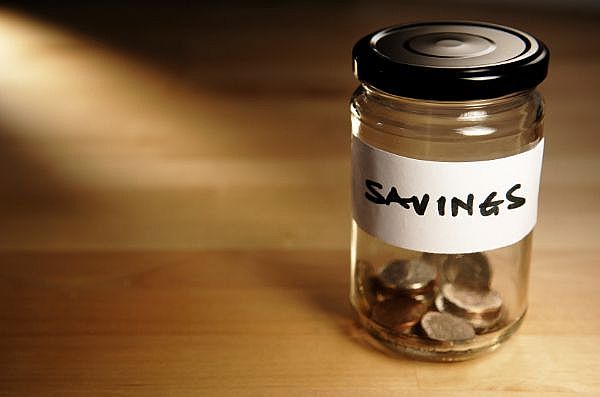One of the oldest questions asked by average individuals is whether to focus their efforts on saving money or paying down debt. The average American has approximately $25,000 worth of consumer debt including credit cards, lines of credit, school loans and car loans. The average interest rate for these debts falls in the range of 5% to 20%. In comparison, the average interest rate for a typical savings account falls in the range of 0.25% to 2.5%. In these basic terms, it would make more sense to focus on paying off your debt to save money in interest down the road.
Knowing which debts are priority is also very important in order to be financially successful. For example, credit card debt and personal loans are a high priority because of the high interest rates, where school loans are often less pressing. While owing money to family and/or friends can often be ignored, it should be a rather high priority in order to give back what you owe so that the relationship doesn’t get strained. Car payments are not too high of a priority (unless you have a very bad interest rate and you want to pay it off faster).
Another reason to focus on paying down your debts is to increase your credit score. By owing only 35% or less than you have available to you and making these payments on time every month, your credit will increase substantially in a short period of time. By having a higher credit you can get loans at a much lower interest rate which will also save you money in the long run. For example if you have low credit and owe $30,000 in consumer debt and saved up $20,000 for a down payment on a condo, your mortgage interest rate could be much higher than if you had put that $20,000 on your debt. Even just an extra percent or two on your mortgage payment can make a huge difference in your monthly payments, in many cases more than adding an extra $20,000 to your mortgage payments.
Remember, whether you’re paying down your debt or saving your money you are increasing your net worth. Many people are concerned that they shouldn’t be paying down their debts because they won’t have an emergency fund, but by paying down what you owe, you’ll at least have the access to some money in case an unexpected expense came up in the future. Many people can be impatient when it comes to their personal finances because we all want nice things and feel we deserve a little break after working so hard but it’s much better to set yourself up for it so that you can properly afford what you want, even if it means delaying it for a few months and focusing on repaying your debts. You’ll not only save a lot of money in interest later on, but also a lot of mental hassle figuring out how to pay for your bills at the end of the month.
Staz Johnson has been passiontely blogging about financial management, personal finance, investing tips and more. To learn more, follow her on Facebook here!

